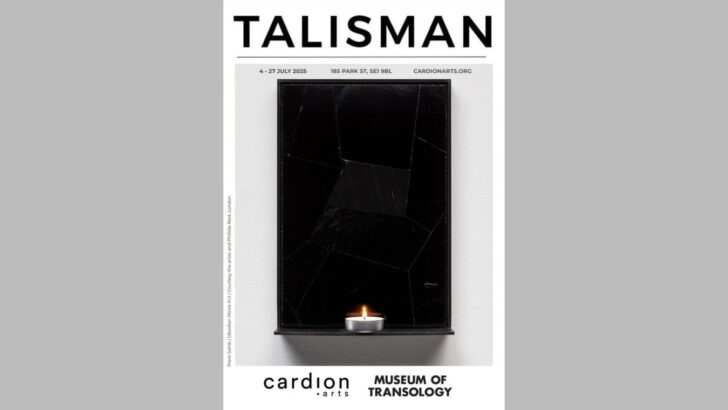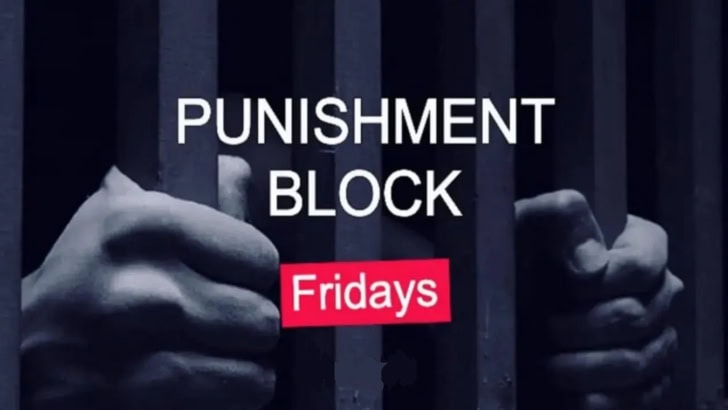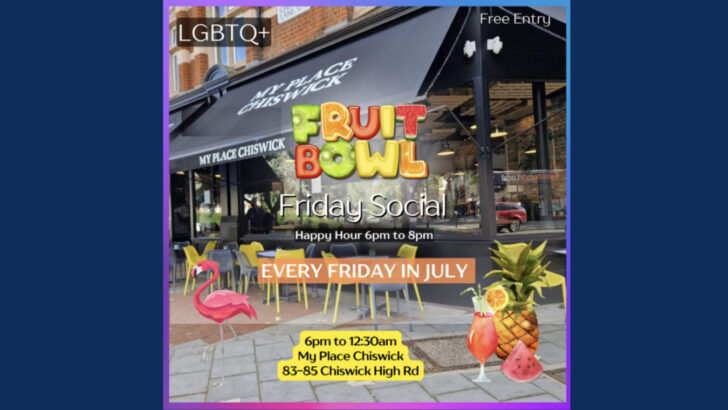This week, we’re putting a spotlight on the HIV prevention drug, PrEP. We don’t intend to preach, or intimidate, or instruct – merely to educate.
Only entering the public conscience in the last couple of years, PrEP is arguably the most exciting development ever in the fight against HIV and AIDS.
PrEP stands for “Pre-exposure prophylaxis”. It’s a combination of two HIV medicines – tenovir and emtricitabine. It reaches maximum efficiency after being taken every day for seven days. After that, the risk of HIV transmission from receptive anal sex is decreased by 90%. For most people, there are no side effects. It does not prevent transmission of other STIs.
Whilst protecting our physical health, PrEP also has exciting implications for our mental health. For decades now, many gay men have associated sex with fear – an understandable, unshakeable neurosis, which dates back to the churning horrors of the AIDS crisis.
It’s something that’s always lurked under our skin, affecting some more than others. That fear is also intrinsically linked with shame, and can affect how we carry ourselves, and how we behave towards other people, not just in the bedroom, but in daily life.
So to have a resource that could help assuage some of these feelings is incredibly exciting for our community.
There’s still a lot of prejudice against PrEP. Many say it encourages “unsafe sex” and increases risks of HIV transmission. But as we’ve seen from the facts, that’s simply not true. There are also those who say it promotes promiscuity – to which my personal response is, so what if it does? If you’re being safe and doing it for the right reasons, what the hell’s wrong with promiscuity?!
New diagnoses of HIV at London clinic 56 Dean Street have dropped by a massive 80% since 2015, the biggest drop ever recorded. It is thought to be primarily down to increased usage of PrEP.
PrEP has the potential to be an invaluable resource for sex workers and porn performers, as well as people who just like having a lot of sex. It’s also great for serodiscordant couples (where one person is HIV negative and the other is positive).
So it’s time to stop judging people for taking it, and start learning about it. In this issue, we speak to a range of experts about how you should take it, why you should take it, when you should take it, and why it’s the best thing to happen to the gay community since Confessions On A Dancefloor.


















